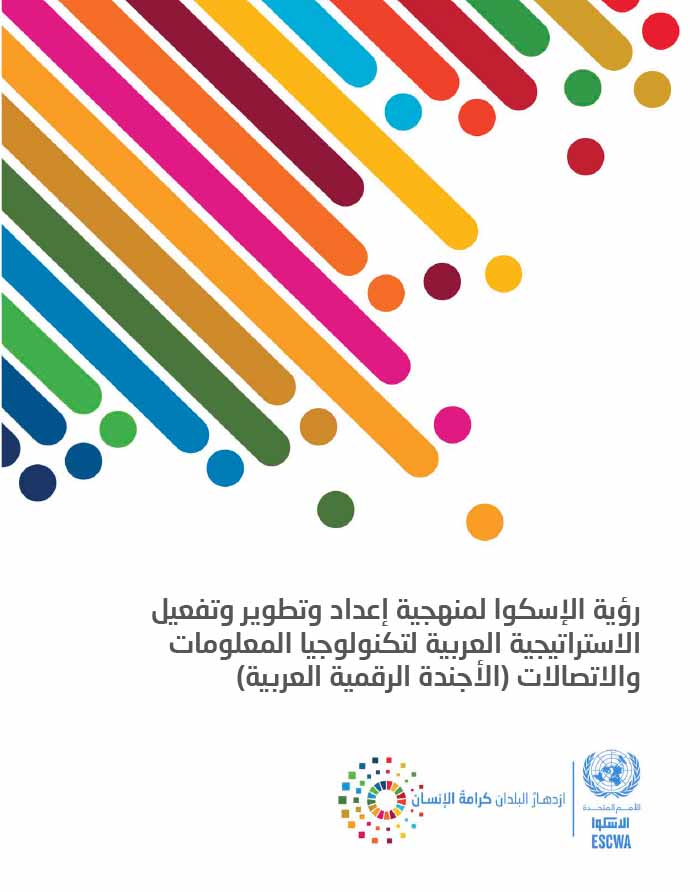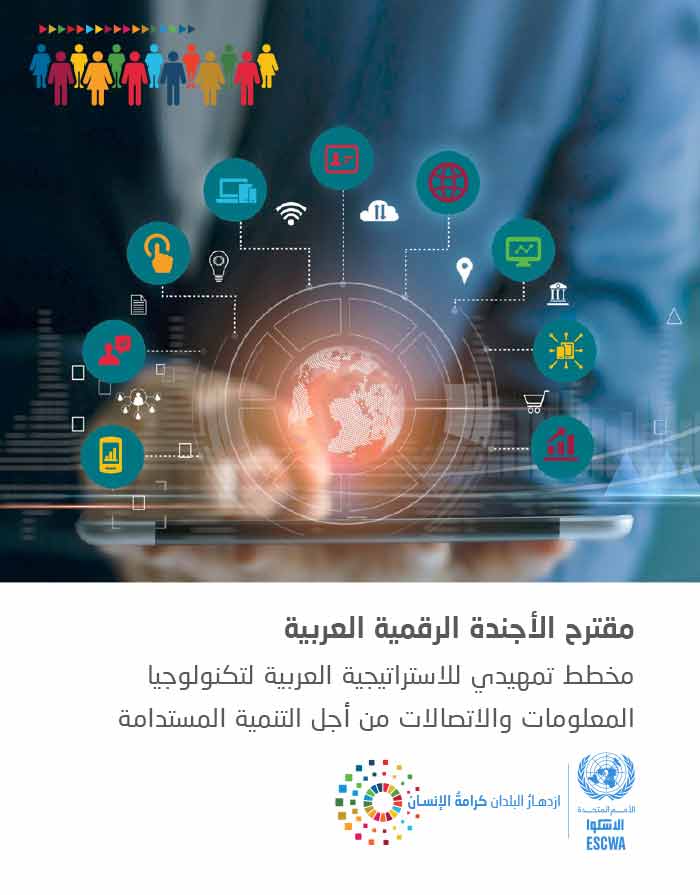The Arab Digital Agenda 2023-2033 has been adopted by the Arab Telecom and Information Technology Council of Ministers, the League of Arab States Economic and Social Council, and the Arab Economic and Social Summit. The agenda relies on the concerted efforts of Arab countries, United Nations and regional organizations, and various relevant parties.
In this context, ESCWA and the League of Arab States are organizing the seventh meeting of the Joint Technical Committee and the Core Research and Technical Cooperation Mechanism to discuss means to activate the Arab Digital Agenda. The meeting focuses on the associated products and toolkits to support the deployment, analysis, monitoring, and follow-up of the agenda, as well as on means to update it and widen its scope. The meeting also aims to continue the ongoing preparations for convening the first High-Level Partners' Conference to launch the Arab Digital Agenda 2023-2033 ecosystem.

